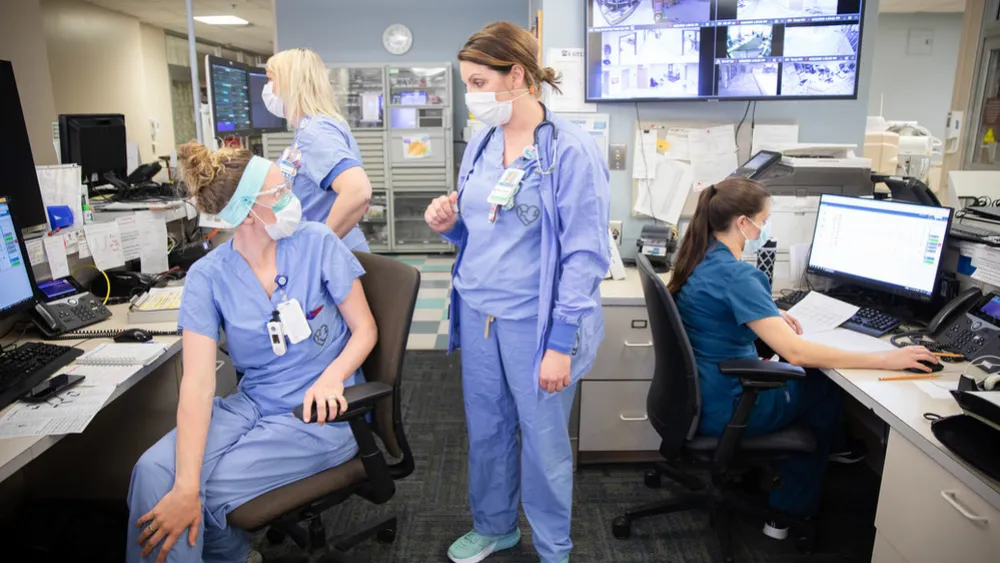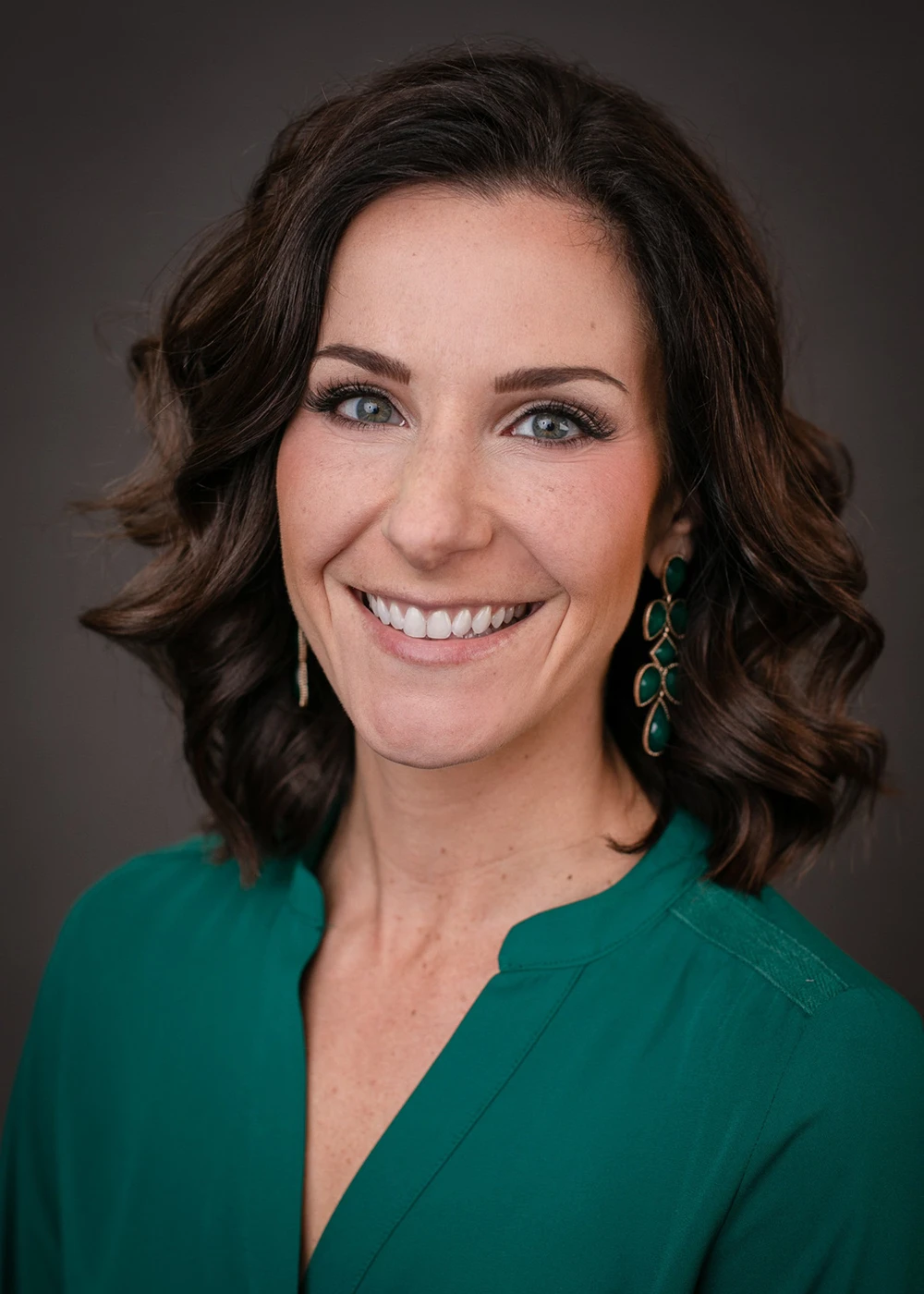




Inspiring Stories
Emergency Nurses: Unsung Heroes Who 'Keep Doing It Every Day' Amid Increasing COVID-19 Challenges
Published: Oct. 11, 2021

The sun was bright. The water was calm. And the sand was like “powdered fluff.”
Jamaica in October is “just awesome,” said Chad DiMauro, RN, NRP, who recently returned home from his first vacation in three years.
“I got sunburned the first day we were there,” the Methodist Hospital emergency nurse said with a laugh. “So, that tells you it was a good time.”
And after his pandemic-tainted first year on the job, a good time was exactly the self-care he needed.
“Fatigue and burnout are real things, but we’ve got to find a way to keep doing it – keep doing it every day.”
Pandemic-Related Challenges
Fatigue and burnout have led to high turnover rates among emergency nurses at health systems nationwide – including Methodist.
“Some have left for things like outpatient surgery or other clinic-related work,” Carrie Stom, BSN, RN, said of former fellow emergency nurses at Methodist Jennie Edmundson Hospital. “They’re just doing things that are completely different now. Because you do – you get burned out after a while. People are tired.”
And helping train new nurses in the middle of a pandemic as critical caseloads continue skyrocketing is a challenge all Methodist emergency room (ER) nurses are currently struggling with.
“What an increase!” DiMauro said of critical cases. “I don’t have numbers in front of me. But it feels like the numbers keep climbing. People are coming in sicker and sicker.”
Noncritical cases at Methodist hospitals are up, too.
“There was a couple who came into our ER just simply wanting COVID-19 tests,” said Amy Shostak, BSN, RN, an emergency nurse at Methodist Women’s Hospital. “They came back three days later, and they wanted another COVID-19 test, hoping it’d be negative so they could return to work.”
“If you feel like you absolutely cannot wait until the next day because your health is in jeopardy, you should absolutely come to the ER,” said Cindi Hermanson, BSN, RN, an emergency clinical coordinator at Methodist Fremont Health. “But if it’s really for convenience, please just think twice about the people who really need to be here and the nurses taking care them.”
Because as emergency nurses know, higher patient volumes can lead to longer wait times.
“That leads to some very unhappy campers,” DiMauro said. “Especially among those who see people come in after them get treated before them. It’s hard trying to explain to them that it’s not first come, first served here. It’s always the sickest first. And frankly, you don’t want to be first. Because that means you’re really sick.”
“And I think every bedside nurse in this world, right now, would admit to questioning whether they can go on,” Hermanson said. “Things have just changed.”
But, still, many Methodist emergency nurses agree: The hardest part of this pandemic has been the helplessness they feel each time a critically ill, unvaccinated individual rolls into their department.
“I had one patient tell me to my face, ‘I don’t have COVID. COVID isn’t real,’” DiMauro said. “He had it. He tested positive, and his outcome wasn’t good. But just to hear that him say that and 100% believe it, it was sad. We see it time and time again – fully vaccinated individuals who come in, maybe receive a breathing treatment, maybe some steroids, and they go home. We’re also seeing unvaccinated individuals just simply not survive. Again, it’s sad.”
DiMauro’s plea matches those of many emergency nurses across the country: “Please consider getting vaccinated if you’re not already, and help out your brothers and sisters in the ER. We’re drowning.”
Determined To Keep Going
Despite all that’s been asked of emergency nurses these past several months, there’s still a solid group of them at Methodist who are determined to keep going even if things get harder.
“That’s The Meaning of Care,” Stom said. “It means that I show up. Every day. Despite the stress and pressure that I’m under. That I still make sure every patient knows that when they’re here, they’re family.”
“I feel like I’m needed,” Hermanson said. “I feel a responsibility to my patients to not quit on them.”
“We do so much, and we truly try so hard,” Shostak said.
“We’re resilient,” DiMauro said. “Watching us come together as a team and manage this day in and day out, it makes me proud. I really am. We’re doing great work.”
More Resources
- Learn more about emergency services at Methodist.
- Know what constitutes a trip to the ER or an urgent care clinic.
- Feeling sick? Contact your primary care provider. Don’t have one? Call (402) 354-CARE.
- Read about the other unsung heroes at Methodist, including respiratory therapists, EVS technicians, clinical dieticians, language interpreters, laboratory staff, pharmacy technicians and incident command
- Read more inspiring stories of Methodist patients and staff.


